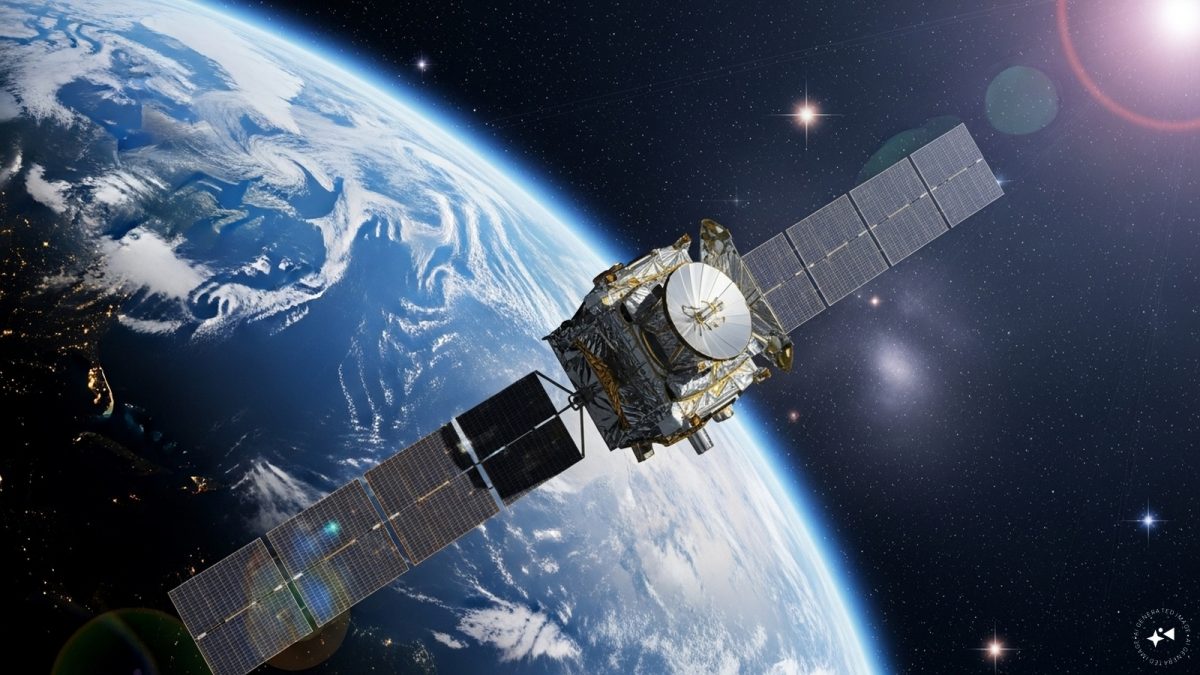German Foreign Minister Boris Pistorius has expressed concern over Russia’s growing activity in space, saying that over two Russian satellites are shadowing Intelsat satellites used by the German army and others.
“Russia and China have expanded their capabilities for warfare in space rapidly over the past years: They can disrupt satellite operations, blind satellites, manipulate or kinetically destroy them,” Pistorius said at a space conference in Berlin.
He added that the country’s army is already targeting the Russian satellites by jamming attacks launched by them. Pistorius underscored the need for talks on developing offensive capabilities in space as a deterrent, pointing to Russia’s use of two of its Luch Olymp satellites to track Intelsat satellites.
Is Russia waging a space war?
Intelsat, a US-Luxembourg company, operates a fleet of over 50 satellites serving both private sector clients and government agencies.
The two Russian satellites, launched in 2014 and 2023 respectively, have faced longstanding accusations of “loitering” near other satellites and attempting to “eavesdrop” on them by positioning themselves in close proximity.
Last year, French space start-up Aldoria reported that it had observed a Russian satellite making a “sudden close approach” to another one. In 2023, US firm Slingshot Aerospace stated that Russian satellites were exhibiting “unfriendly” behaviour by approaching non-Russian satellites.
‘Drone arms race’
German Interior Minister Alexander Dobrindt, meanwhile, warned of Russian “aggression” closer to Earth and said Germany was strengthening its “operational capabilities by developing drone defence systems”.
In Europe, “we are engaged in an arms race between the threat posed by drones and the means to counter them,” he said, citing the recent incidents in Poland, Romania, Denmark and Norway.
Dobrindt said Germany would boost investment and change its aviation safety rules to allow it to better “detect, defend and intercept” unmanned aerial vehicles.
With inputs from agencies
)